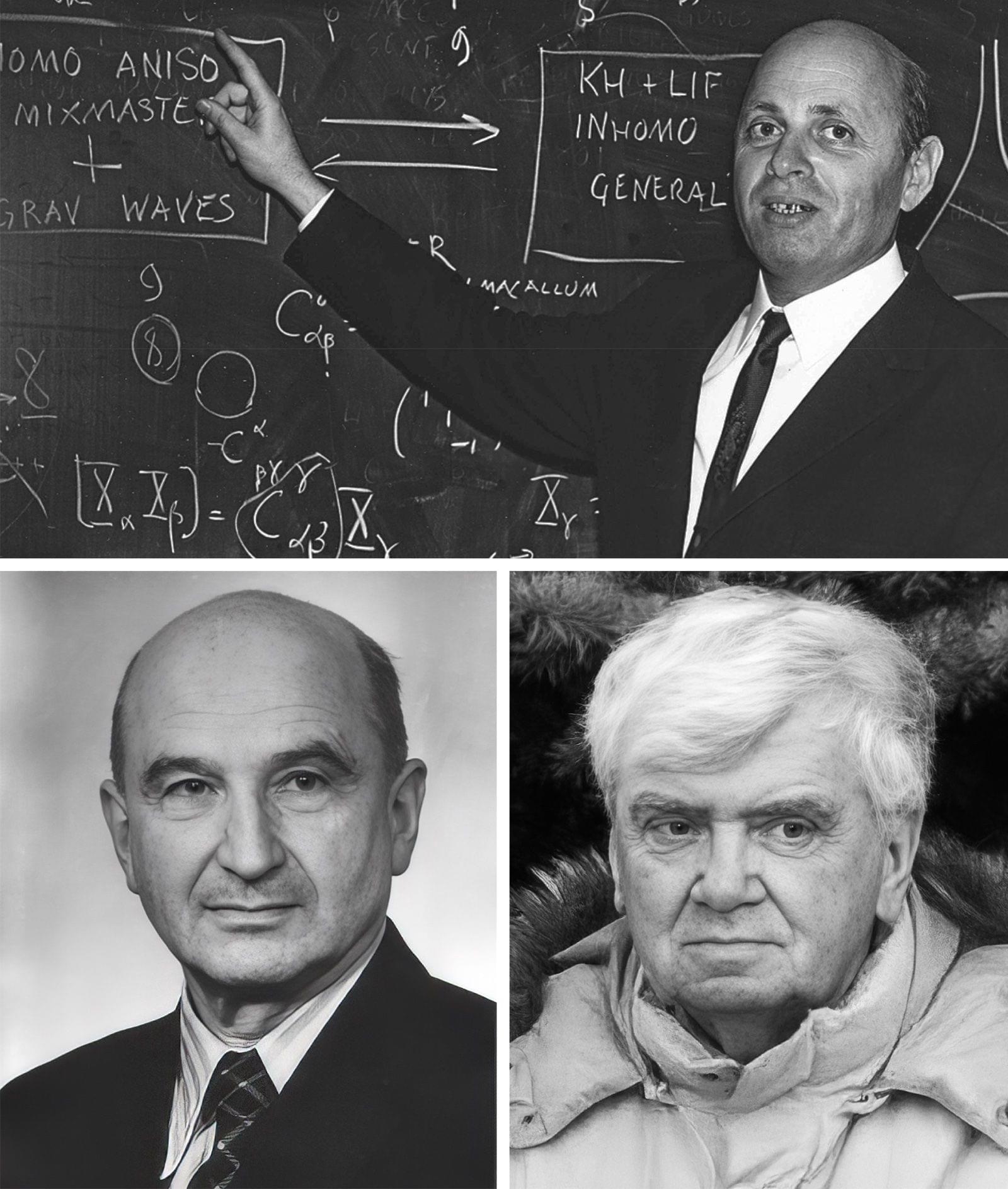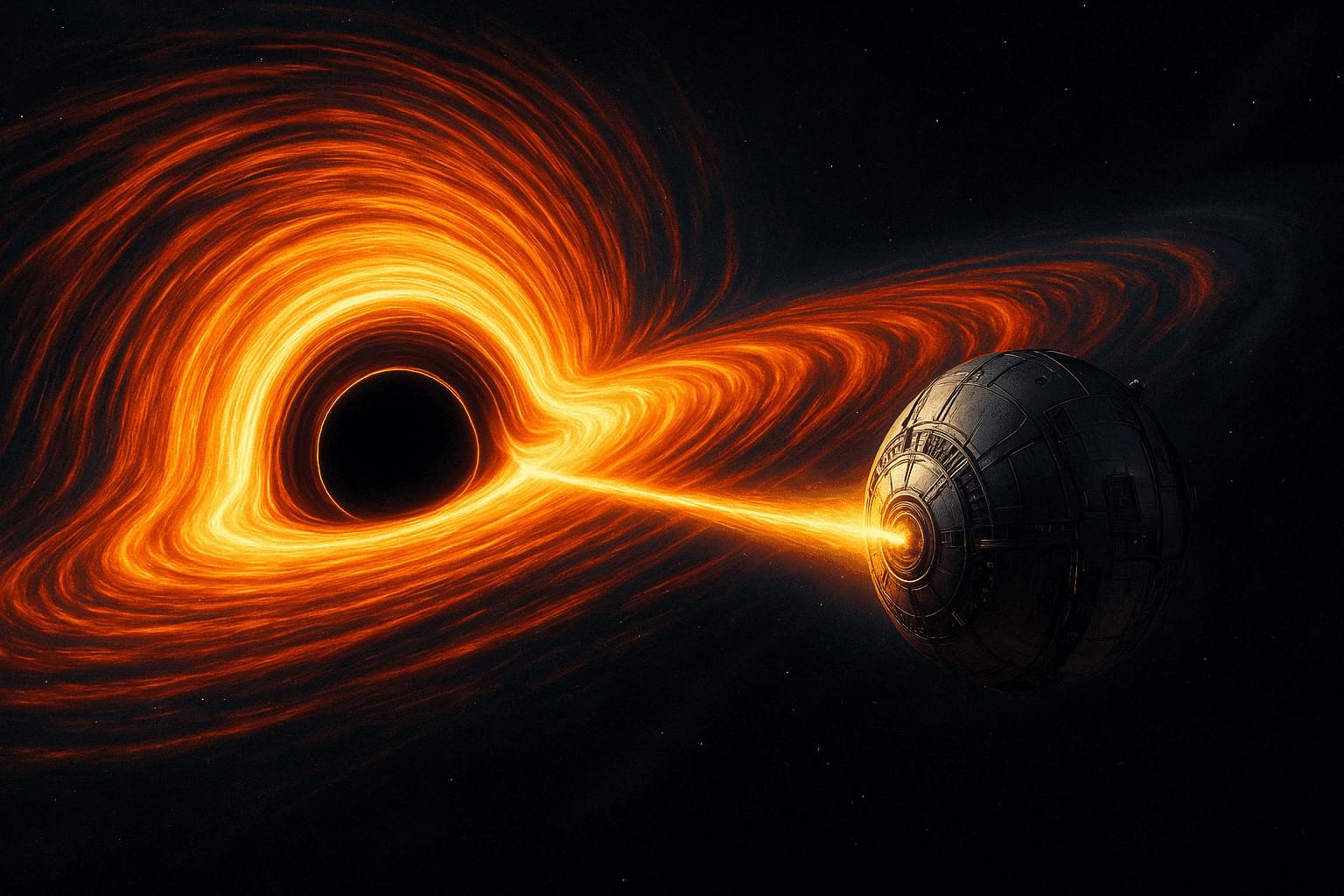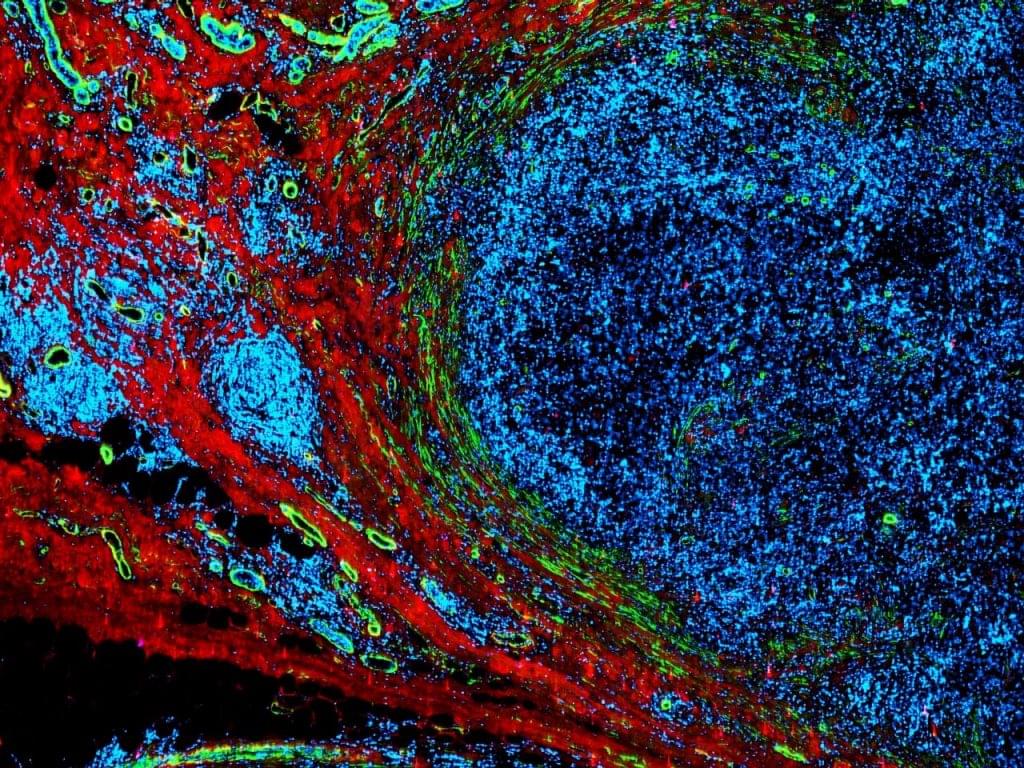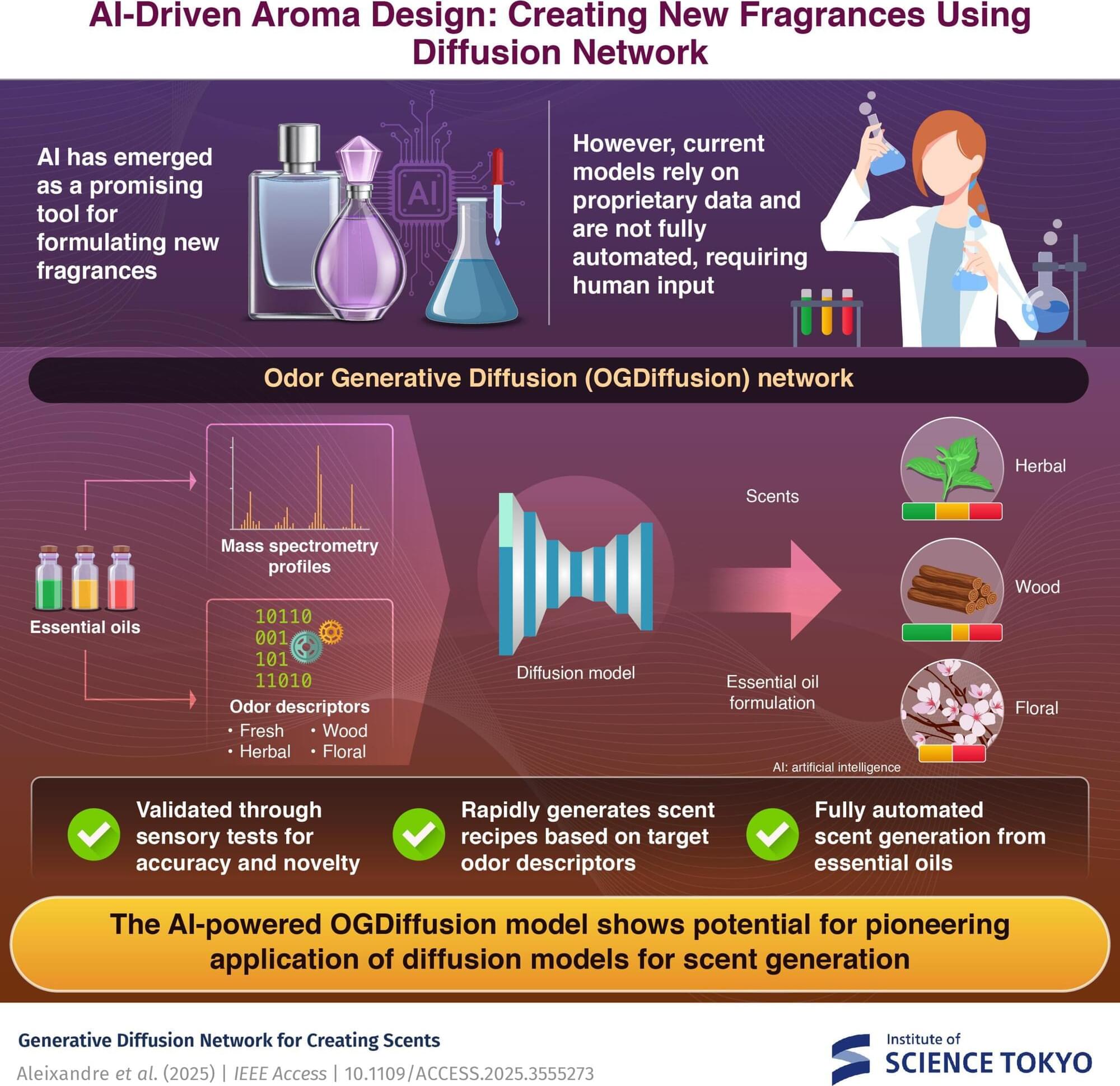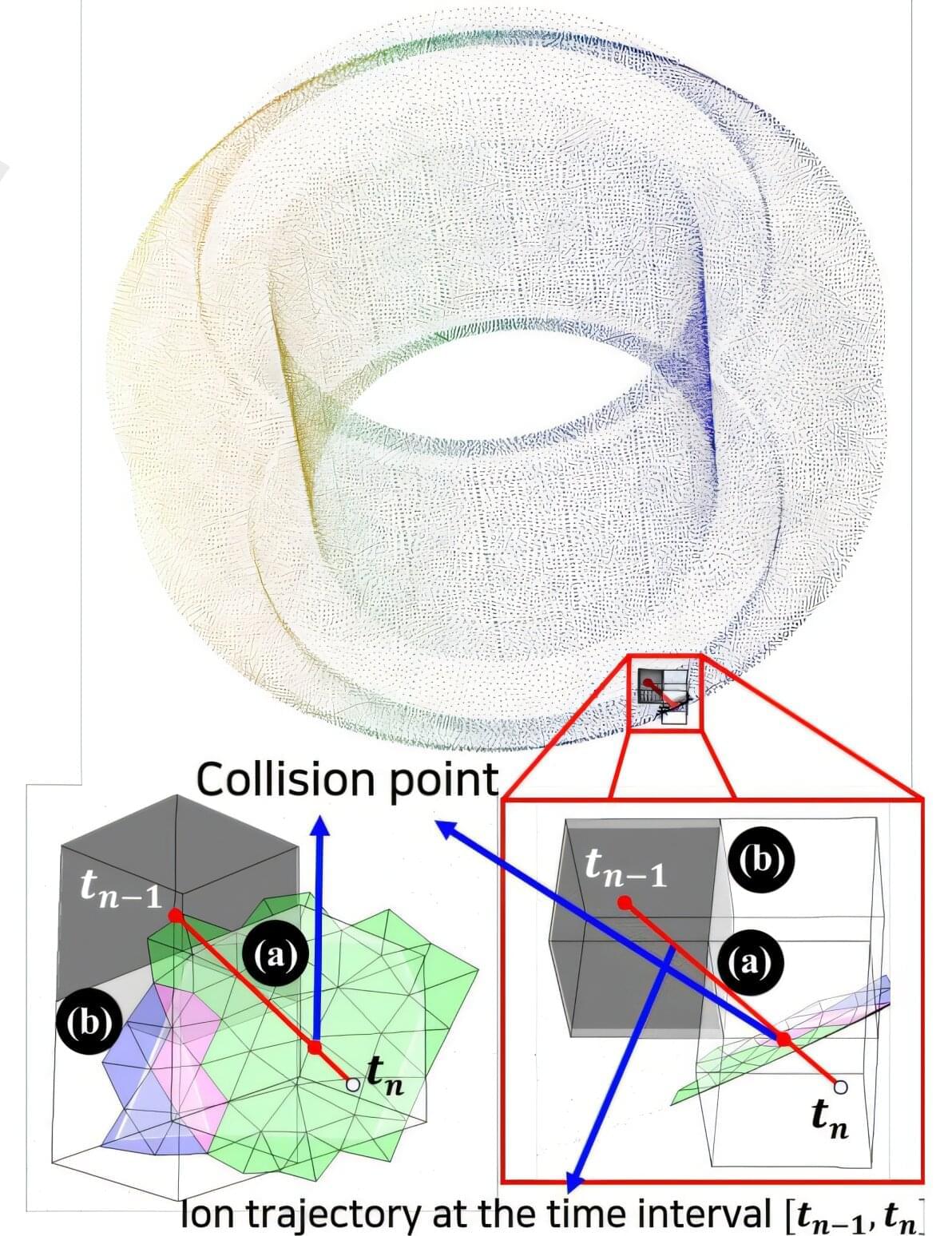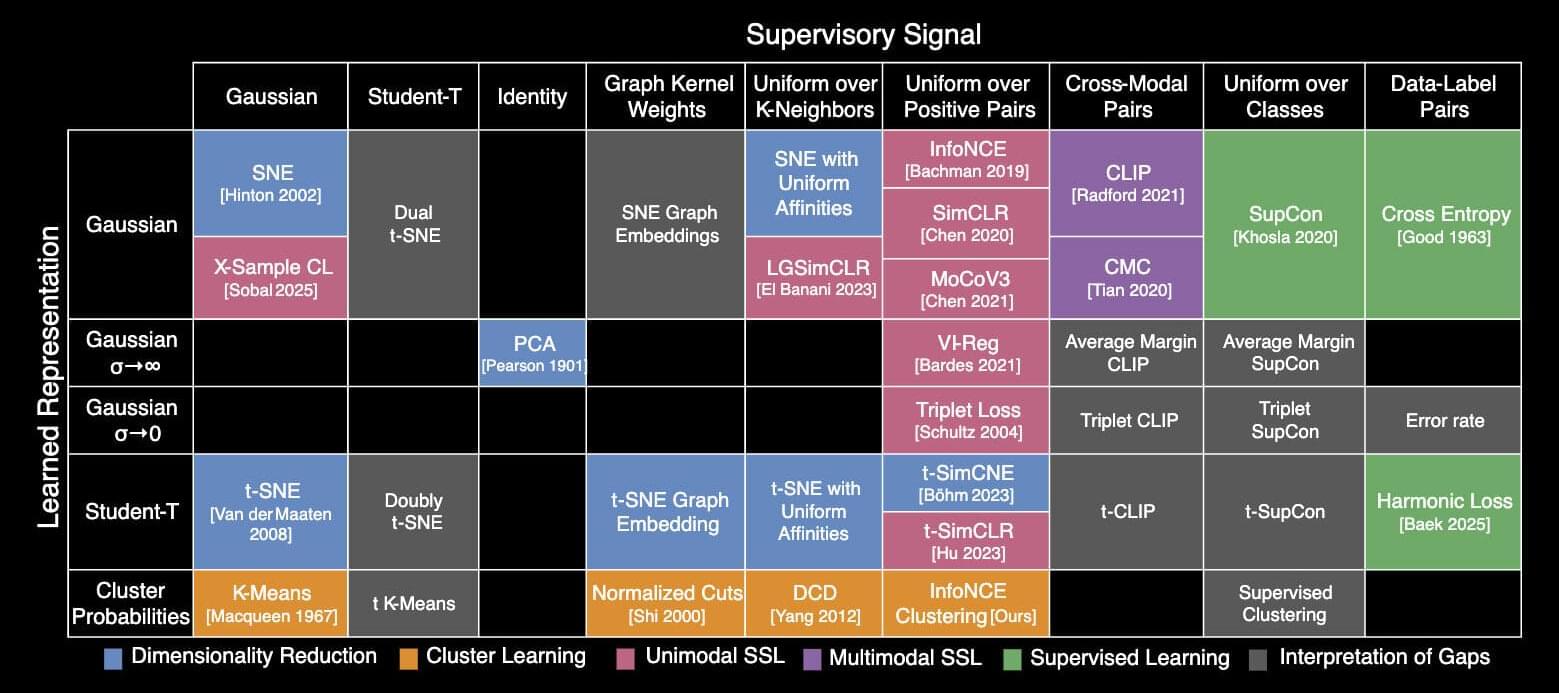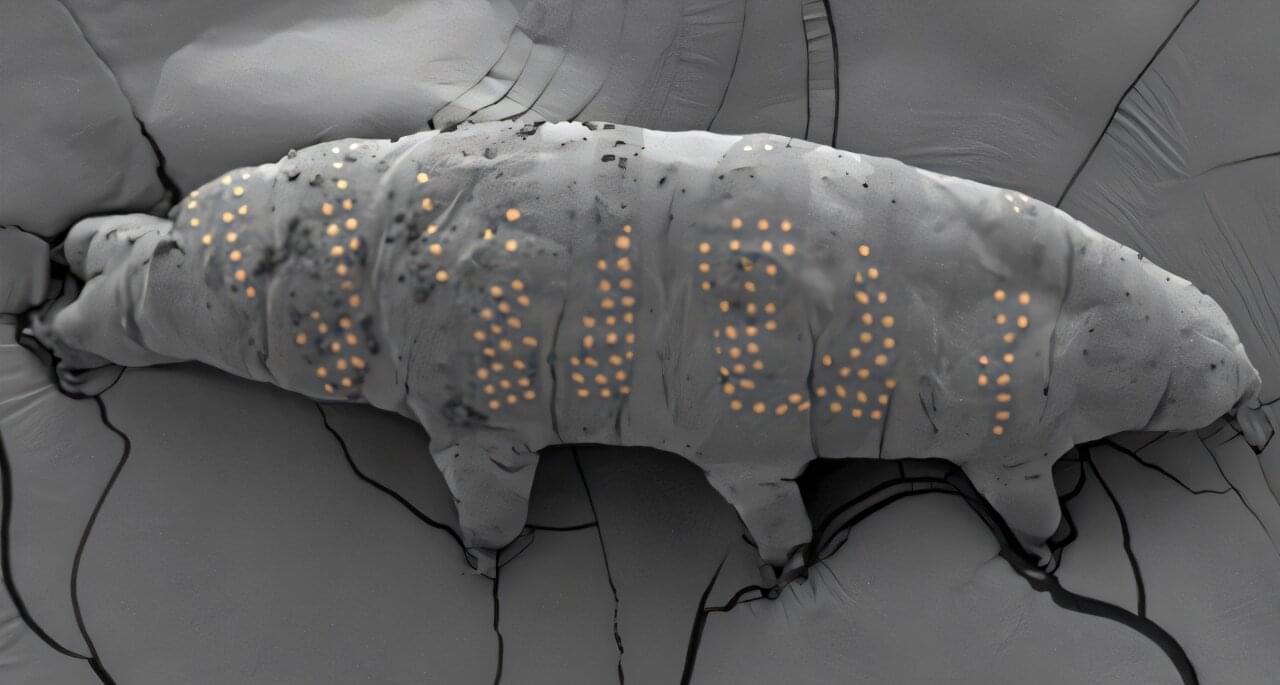A new study offers insight into what is happening in our brains when our working memory must use its limited resources to remember multiple things.
Researchers found that two parts of the brain work together to ensure that more brain resources are given to remember a priority item when a person is juggling more than one item in memory.
The study involved people remembering spatial locations. Imagine seeing two books on different shelves of a cluttered bookcase that was not arranged in any order. How could you remember where they were if you came back a few seconds later?

